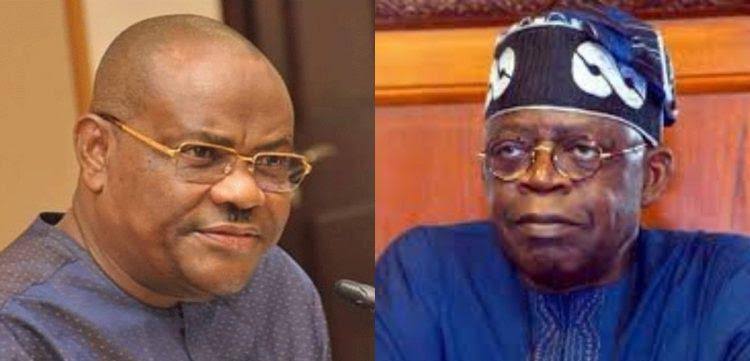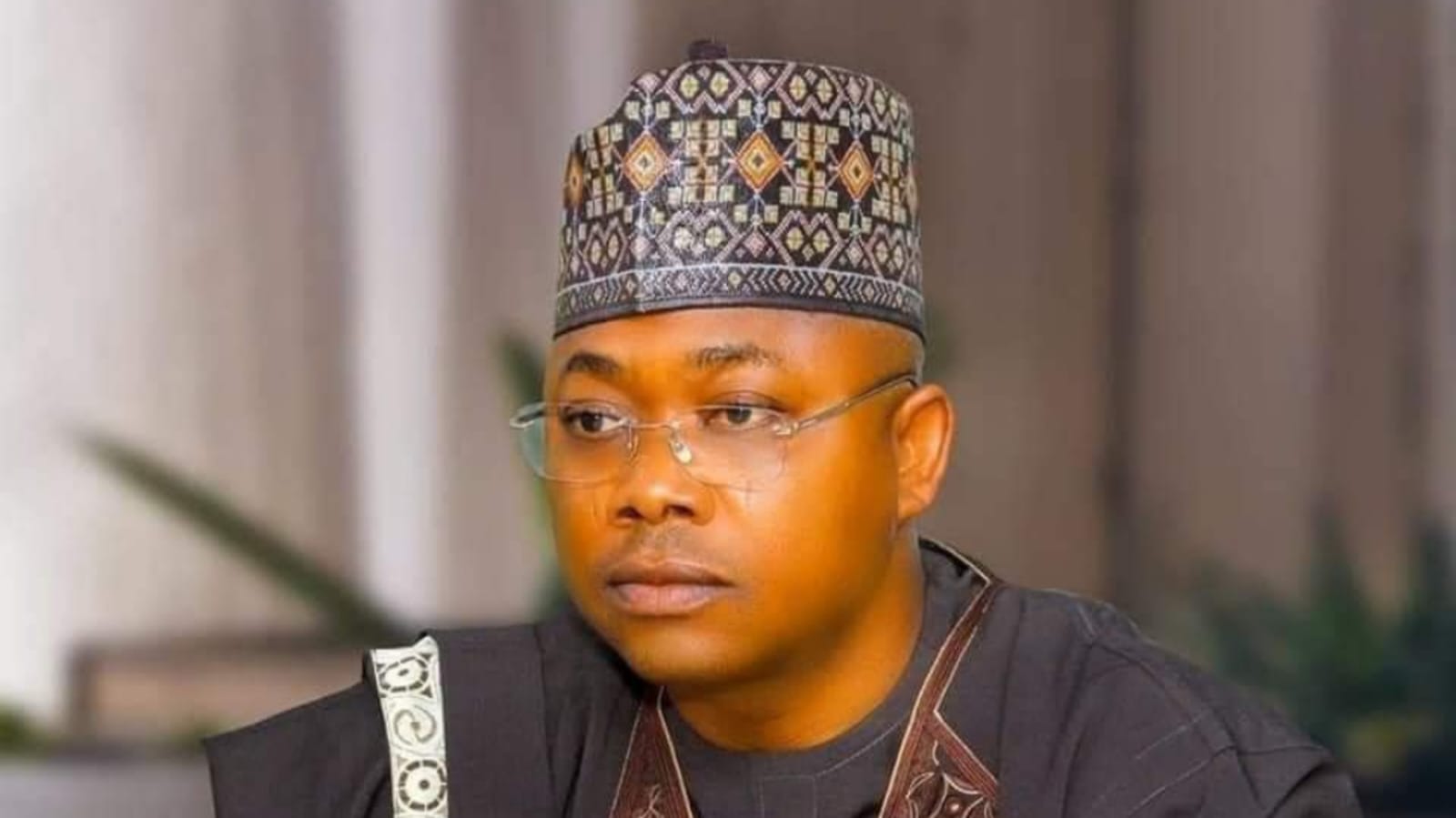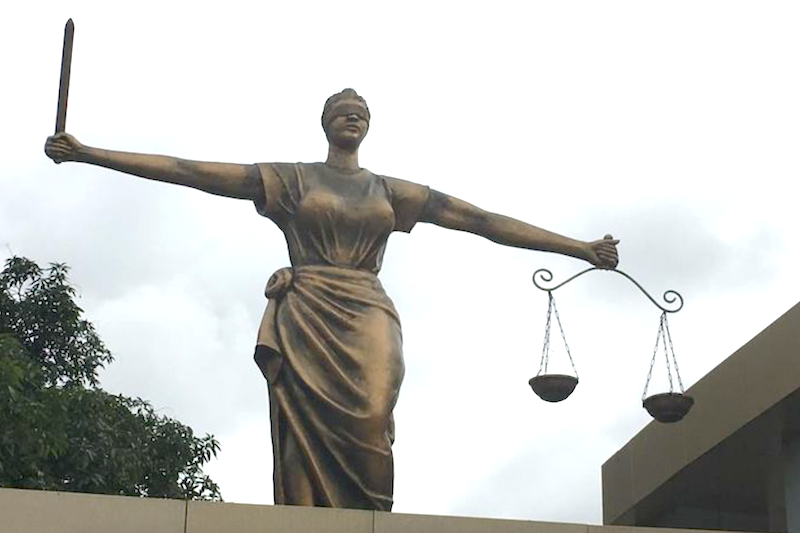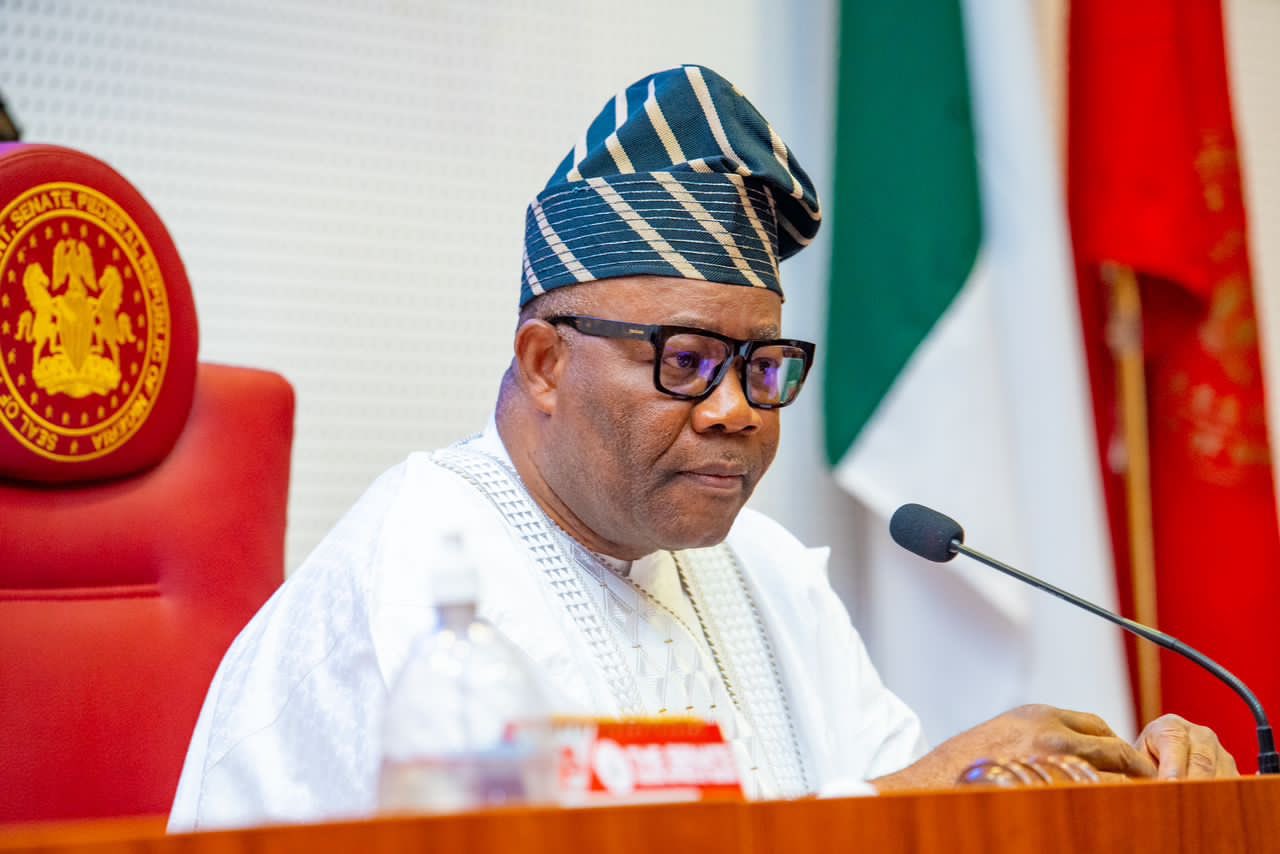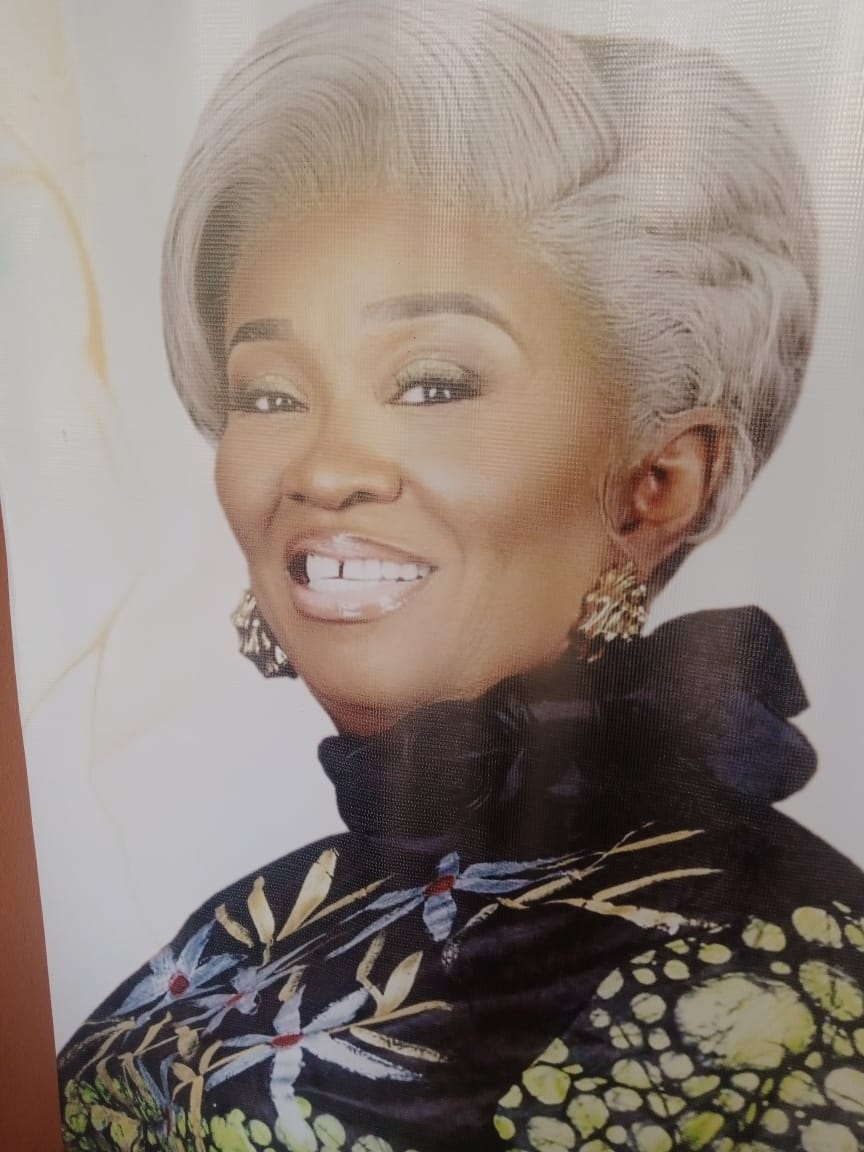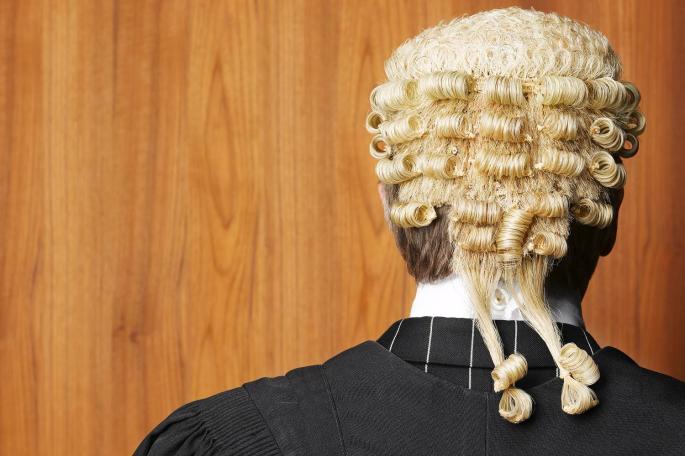The National Judicial Council (NJC) at its plenary of 105th Meeting has resolved to issue warning letters to three Judges and also barred them from elevation to higher bench for a period of time.
This is contained in a Statement by Mr Soji Oye, the Director of Information of NJC on Friday in Abuja.
The judges that will receive the warning letters are Justices Inyang Ekwo of the Federal High Court, G. B. Brikins-Okolosi of Delta State High Court and Amina Shehu of Yobe High Court.
Ekwo was warned for abuse of discretionary power of a Judge by wrongly granting an ex parte order in Suit No FHC/ABJ/C/626/2023 Juliet Ebere Nwadi Gbaka & 2 Ors V Seplat Energy Plc & 12 Ors, he was also barred from being elevated to a higher Bench for a period of two years.
Brikins-Okolosi of Delta State High Court was issued a warning for failure to deliver judgment within stipulated period in Joseph Anene Okafor Vs Skye Bank, Suit No A/94/2010 after parties had filed and adopted their final Written Addresses.
Brikins-Okolosi will also not be elevated to a higher Bench for a period of three years.
The council also cautioned Justice Amina Shehu of Yobe State High Court for issuing Writ of Possession Conferring Title on the Defendant in Suit No YBS/HC/NNR/1cv/2020 when there was no subsisting judgement of any court to enable His Lordship issue the Writ.
The NJC said that the council at the meeting considered two reports of its two Preliminary Complaints Assessment Committees that filtered 35 petitions written against judges of the Federal and State High Courts and decided to empanel eight Committees to further investigate the petitions that were found meritorious by the Committees.
It said that some petitions against various Judges were dismissed for lack of merit, evidence of misconduct, subjudice or that they were matters that could be appealed.
The dismissed petitions were against Justices A. M. Liman, A. A. Okeke, D. E. Osiagor of the Federal High Court, S. B. Belgore, Bello Kawu both of the High Court of Federal Capital Territory, Justices O. A. Chijioke, A. E. Akeredolu and Kadi M. U. El-Mainari who sat on Election Petition Tribunal in Edo State, Justices Paulinus Aneke of High Court Enugu State and C. Anya of Abia State.
Others are Justices M. A. Ikpambese and W. I. Kpochi both of Benue High Court, T. E. Chukwuemeka Chikeka Chief Judge and B. C. Iheka of Imo High Court, Rose Godwin Soji of Nasarawa High Court, T. J. Yakubu, High Court Taraba , W. N. Danagogo and Chinwendu Nworgu, High Court Rivers State, C. C. Okaa, High Court Anambra State and Hon Justice Abdullahi Sulyman High Court, Kogi.
It said the council also deliberated on the notification of retirements of three Judicial Officers including that of the Chief Justice of Nigeria (CJN) Justice Olukayode Ariwoola, and notification of death of three Judges of the Federal and State Courts.
Council also considered the recommendation of its Interview Committee on Appointment of Judicial Officers of all Superior Courts of Record in Nigeria and resolved to recommend 86 Judicial Officers for appointment to the Court of Appeal, High Court of the Federal Capital Territory, Sharia Courts of Appeal and Customary Courts of Appeal of States in Nigeria.
They are 22 Justices of the Court of Appeal. They 6 Justices Kwahar Polycarp Terna, Ruqayat Oremei Ayoola, Eleojo Eneche, Asma’u Akanbi-Yusuf, Abdullahi Muhammad Liman, Abdu Dogo, Fadawu Umaru, Ishaq Mohammed Sani, Zainab Bage Abubakar, Abdulazeez M. Anka and Nnamdi Okwy Dimgba.
Others are Justices Nwoye Tochukwu, Nwabunkeonye Onwosi, Okorowe Uwaezuok, Ngozika Okaisabor, Ntong Festus Ntong, Nehizena Afolabi, Nyesom-Wike Suzzette, Babajide Lawal-Akapo, Akinyemi Abiodun Azeem, Oyewumi Oyebiola, Olukayode Adeniyi.
The 12 judges for High Court, FCT are Ademuyiwa Olakunle Oyeyipo, Bamodu Odunayo Olutomi, Anumaenwe Godwin Iheabunike, Odo Celestine Obinna, Hauwa Lawal Gummi.
Others are Abdurahman Usman, Buetnaan Mandy Bassi, Sarah Benjamin Inesu Avoh, Maryan Iye Yusuf, Ariwoola Oluwakemi Victoria, Lesley Nkesi Belema Wike and Munirat Ibrahim Tanko.
Seven judges for Imo State High Court are Akowundu Cletus Ndubuisi, Uchenna Mary Njoku,
Chibuogwu Ojiugo Chukwumaeze, Ononogbo Chidi Linus, Adaego Peace Nosiri, Emeka Ozoma Orafu, Mathew Chinedu Ijezie.
Six Judges for Bauchi State High Court are Amin Umar Ilelah, Aliyu Bin Idris, Ahmed Shuaibu Ningi, Shafa’u Ladan Yusuf, Abdussalam Idris Waziri and Kawu A. Yerima.
Three Justices for Taraba State High Court are Hamidu Audu, Bibonga Jeniffer Nauma, Joel Daniel Ubandoma.
The thirteen Judges for Lagos State High Court are Sunmonu Tunde Bashiru, Azeez Fimisola Augusta, Alebiosu Olawale Lawal, Adewale Russel Musiliu, Popoola Oluwatosin Ajose, Anjorin-Ajose Tanimola Abdulwaheed and Muyideen Abdul-Raheem Tejumade.
Others are George Alfred Akingbola, Balogun Adegboyega Ganiu, Shonubi Adenike Kudirat, Badejo-Okusanya Yewande Jokotola, Layinka Oyeladun Amope and Ojuromi Nalirat Olayinka Oluwatosin.
Four Judges for Kogi State High Court are Ajesola Joseph Sunday, Ojoma Rachael Haruna, Kadiri Badama and Ezema Beatrice Ada.
Two judges for Jigawa State High Court are Mohammad El-Usman and Nilfa Abdullahi Gambo.
Five Kadis for Sharia Court of Appeal Bauchi State are Ishaku Magaji, Abdurrahman Hassan Sabo, Bello Mohammed Sambowal, Muhyiddeen Mohammed and Mahmoud Idris Shehu Tiyin.
Five Kadis for Sharia Court of Appeal, Kogi State are Muhammad Muhammad Bello, Okino Isah Saidu, Yakubu Adavenge Abbas, Shaibu Ridwan Aliyu and Idris Alhaji Abdullahi.
One Kadi for Sharia Court of Appeal Jigawa is Mukhtar Adam.
Three Judges for Imo State Customary Court of Appeal are Everyman Ezenna Eleanya, Ofoha Sylvesta Uchenna and Ibeh Rosemond Oluchi.
Two Judges for Customary Court of Appeal, Taraba are Esther Tata and Benjamin Samuila Bawage.
One judge for the Customary Court of Kogi State is Maryann Oziohu Otaru.
The NJC however, added that the recommended candidates are expected to be sworn-in after the approval of the NJC recommendations to the President and their respective State Governors.



